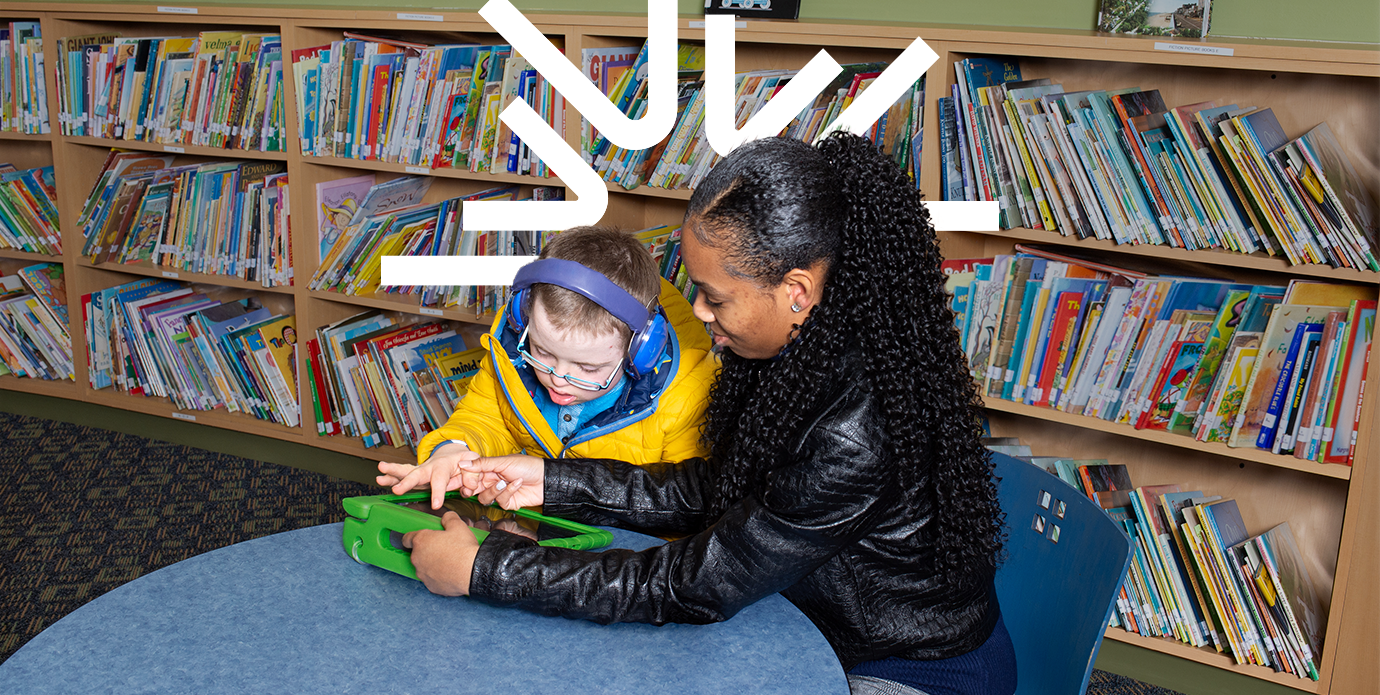
Knowledge Base
Knowledge Base
-
 Speech & OT
Speech & OTSummertime speech: Practicing communication skills outside of the classroom and therapy
Happy Summer from Gateway’s Clinical Speech-Language Pathologists! School’s out and vacations, camps, and more disrupt our summer schedule. Maybe you have to miss a few therapy sessions or want to keep up your child’s work while you’re on vacation. There are so many ways to keep working on your child’s speech and communication skills this […]
-
 Speech & OT
Speech & OTShould I see a Speech-Language Pathologist?
Better Hearing & Speech Month is celebrated each May. It provides an opportunity to raise awareness and encourage acceptance of communication disorders. This May, we invite you to learn more about the roles of teachers, interpreters, Speech-Language Pathologists (SLPs) and Audiologists as we celebrate and support all forms of communication. What are communication disorders? Currently […]


